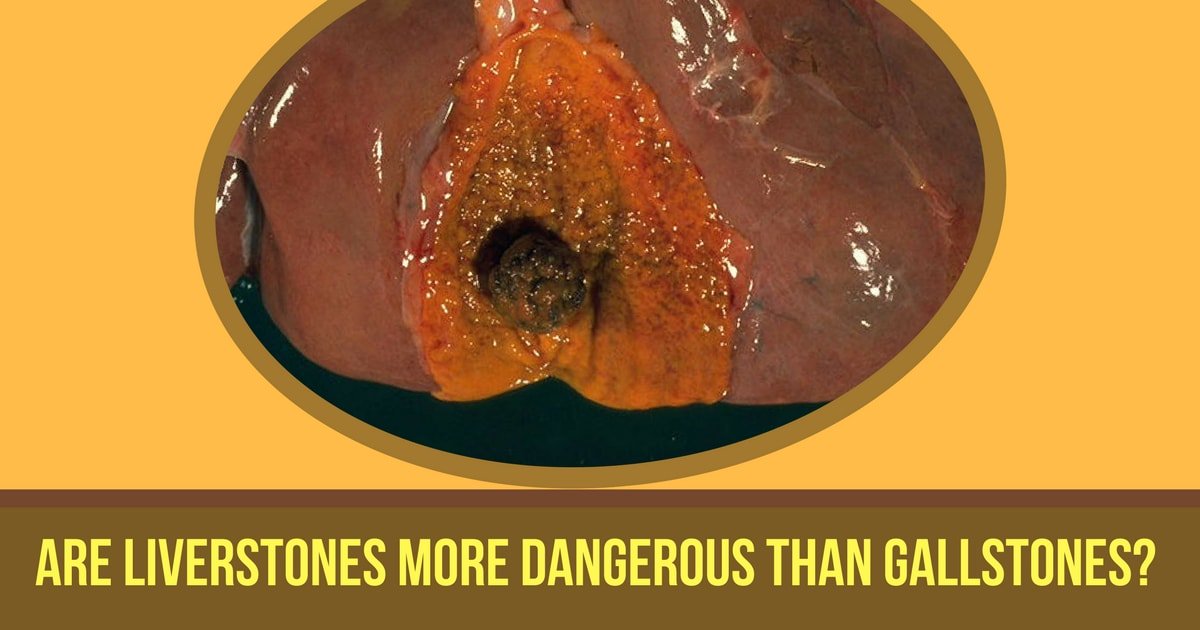What are liver stones? Differences between liver stones and gallstones
Though gallstones and liver stones are used interchangeably, the liver stones we are referring here are strictly the stones that are found in the liver and not in the gallbladder. A simple Google search would leave us confused because they are used interchangeably and most liver stones are referred as only gallstones. So what are the differences between liver stones and gallstones?
What are liver stones?
Liver stones are stones produced in the liver. The compositions of liver stones are the same as gallstones. They too can be either a cholesterol stone or a pigment stone. There can be a mix of cholesterol and pigment stones also in the liver. They are more so found in the intrahepatic biliary ducts. These liver stones are medically referred to as intrahepatic calculi or simply intrahepatic stones.
How are liver stones produced?
It is the same mechanism as gallstones only. When bile within the liver is more concentrated, it solidifies or hardens to form small stones within the liver. A buildup of bile within the liver is required for the stones to happen. But technically speaking bile in the liver is at least 10 times less concentrated than the bile in the gallbladder. That is exactly why liver stone formation is an extremely rare event.
One of the theories holds that gallstones are formed in the liver and they, as a matter of fact, descend down into the gallbladder. The formation of liver stones though rare is more prevalent in the East Asian population of China, Taiwan, Japan, North, and South Korea.
Why are liver stones more dangerous than gallstones?
- Liver stones readily lodge themselves within the complex network of ducts in the liver that carry the bile. Pressure can build within the complex biliary tree.
- When the stones get stuck in one of these ducts the chances of inflammation of the duct is high.
- As a result, is an increased risk of liver abscesses or worst case of failure of the liver can occur.
Treatment of liver stones
The only treatment to liver stones is to surgically remove them. Many surgical approaches are available. One of the approaches is to check where the stone is stuck in the liver and resection of the main area is done. If one part of the liver is affected, then the affected part of the liver is surgically removed. It may be noted that the liver is the only human organ that regenerates to its original volume.
Conclusion – Dr. Maran, a popular gastro surgeon in Chennai says that stones in the liver are extremely rare. But when it does occur, it needs to be taken very seriously as they might impact the functioning of the liver almost immediately. The liver is the most sensitive organ in our digestive system and any problem to it has to be medically or surgically attended to. For that matter, the solution for gallstone formation is to surgically remove the gallbladder.

